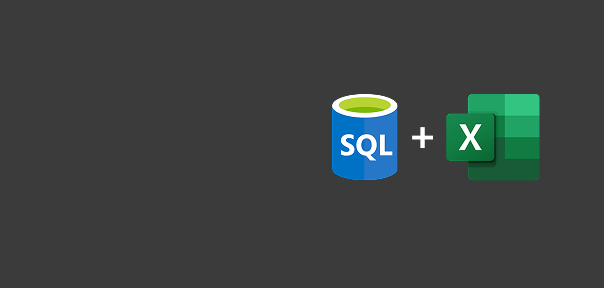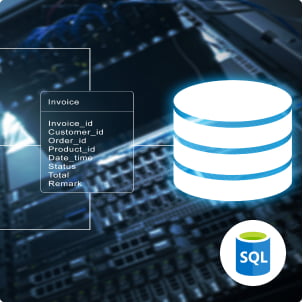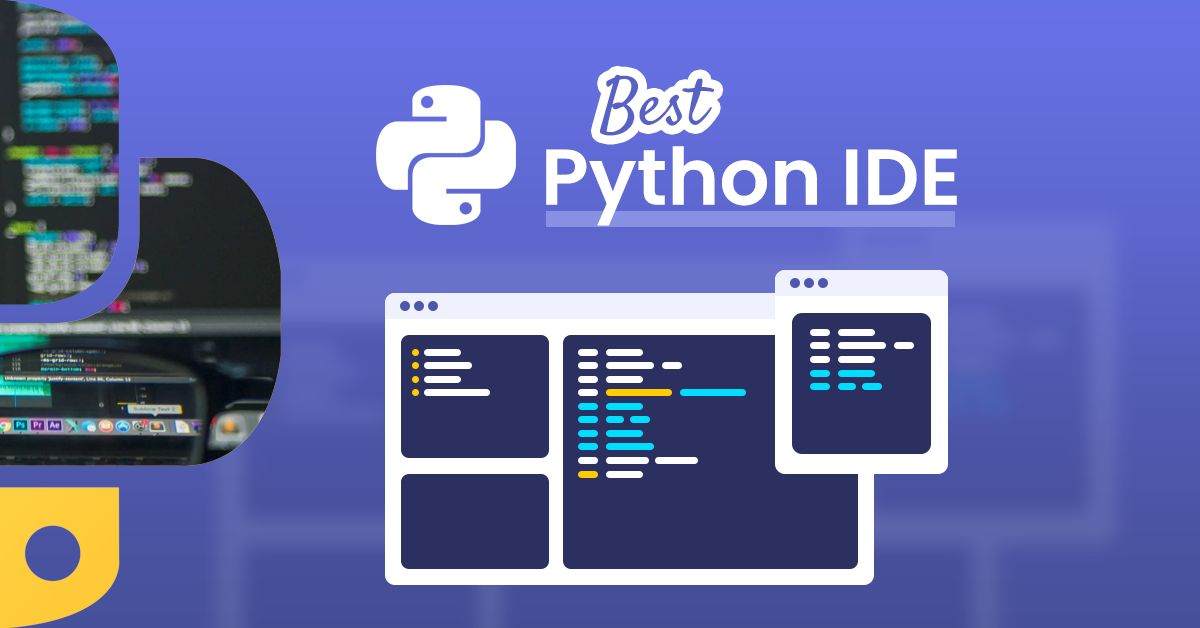Free SQL Course Online with Certification
Learn SQL For Free Online & Get Completion Certificates
SQL, a structured query language, simplifies data manipulation, sorting, and retrieval from relational databases. As the industrial world becomes increasingly data-driven, SQL has become a critical skill not only for data analysts but also in fields like marketing and business.
Skills Covered
SQL Commands: Master essential commands such as CREATE, SELECT, UPDATE, INSERT, COMMIT, and ROLLBACK.
Database Management: Learn to create and manage databases efficiently.
Data Retrieval and Manipulation: Develop skills in sorting, retrieving, and modifying data within databases.
SQL Optimization: Understand how SQL queries are processed and optimized for performance.
Who Should Take Our Free SQL Courses?
Aspiring Data Analysts: Build foundational to advanced SQL skills crucial for data analysis roles.
Marketing and Business Professionals: Gain valuable insights into data manipulation to better understand market trends and business metrics.
Beginners in Database Technology: Start from scratch and gradually progress to complex SQL functionalities.
IT Professionals and Developers: Enhance your database management capabilities and integrate SQL skills with software development.
What Will You Learn?
Fundamentals of SQL: Introduction to the basics of SQL and relational database management systems.
Advanced SQL Techniques: Dive deeper into complex SQL queries and data analytics tools.
Real-World Applications: Apply your SQL knowledge to real-world scenarios to solve business problems and enhance data security.
Interactive Learning Experience: Engage in hands-on practice through guided projects and interactive video lectures.
Essential SQL commands
CREATE DATABASE statement
It helps you to create the database.
Syntax: CREATE DATABASE database_name;
SELECT statement
Reads the data in the database and presents it as the output to the user.
Syntax:
SELECT column_name1,...,column_nameN
FROM table_name
WHERE condition;
UPDATE statement
This statement is used to modify the stored data on the database.
Syntax:
UPDATE table_name
SET column_name1 = new_value1,..., column_nameN = new_valueN
WHERE condition;
INSERT INTO statement
It helps to insert data into the existing table of the database.
Syntax:
INSERT INTO table_name
(
Column_name1, …, column_nameN
)
VALUES
(
value1,...,valueN
);
COMMIT statement
It saves the changes permanently. It is usually done in transactions of the SQL database.
ROLLBACK statement
It helps to undo the transactions or operations that are not saved to the database.
SQL in Practice
SQL operations are optimized by the SQL engine to process commands efficiently, involving components like query dispatcher and optimization engines. SQL supports relational database management systems (RDBMS) like Oracle and MS SQL Server.
Advantages of using SQL
Programming isn’t required
Queries are processed at high speed, which supports portability
It is a standardized language
It is an interactive language
It supports more than one data view
Benefits of Learning SQL
For professionals, learning SQL enhances data management skills, problem-solving abilities, and understanding of data operations.
Organizations benefit from improved data analysis, enhanced security, and increased data accuracy.
Join Great Learning’s free SQL courses covering crucial concepts from basics to advanced levels, and earn certificates upon completion. For deeper engagement, explore Great Learning’s Best Software Development Courses for hands-on experience and further certificate.
Frequently Asked Questions
How can I learn SQL courses for free?
Great Learning offers free SQL courses, which address basic to advanced concepts. Enroll in the course that suits your career goals through the pool of courses and earn free SQL certificates of course completion.
Can I learn SQL on my own?
With the support of online learning platforms, it is now possible to learn concepts on your own. Great Learning Academy is a platform that provides free SQL courses where learners can learn at their own pace.
How long do these courses take to complete?
The duration of the courses varies depending on their scope and your pace of learning. Each course is designed to be comprehensive yet flexible to accommodate different learning speeds.
What kind of certification does these SQL courses provide?
Will I have lifetime access to these SQL courses with certificates?
Yes. You will have lifelong access to these free SQL courses Great Learning Academy offers.
What are my next learning options after these SQL courses?
You can enroll in Great Learning's Full Stack Development Course by IIT Roorkee, which will help you gain advanced software skills in demand in industries. Complete the course to earn a certificate of course completion.
Is it worth learning SQL?
Yes, absolutely! SQL is a powerful language widely used in the business world to manage large amounts of data. It's used by many businesses and organizations to store, query, and manipulate data, and its advantages are countless. Learning SQL can help you gain valuable skills that are applicable to many jobs and career paths and can open doors for you if you're looking for a fresh job or a career change.
Will I get certificates after completing these free SQL courses?
You will be awarded free SQL certificates after completion of your enrolled SQL free courses.
What knowledge and skills will I gain upon completing these free SQL courses?
Through these free SQL courses, you will comprehend the basics, joins, and operators in SQL. There are free courses addressing SQL projects to help improve your practical knowledge. Enroll in these free SQL online courses that address the skills currently in demand in industries.
Who are eligible to take these free SQL courses?
Learners, from freshers to working professionals who wish to gain in-demand SQL skills, can enroll in these free SQL courses and earn certificates of course completion.
What are the steps to enroll in these free SQL courses?
Choose the free SQL courses you are looking for and click on the "Enroll Now" button to start your SQL learning journey.
Why take SQL courses from Great Learning Academy?
Great Learning Academy is the farsighted initiative by Great Learning, the leading e-Learning platform, to offer free industry-relevant courses. Free SQL courses contain courses ranging from beginner-level to advanced-level to help learners choose the best fit for them.
What jobs demand you learn SQL?
There are several jobs that require you to learn SQL, including:
- Database Administrator
- Big Data Analyst
- Data Scientist
- Systems Analyst
- Business Analyst
- Software Developer













































